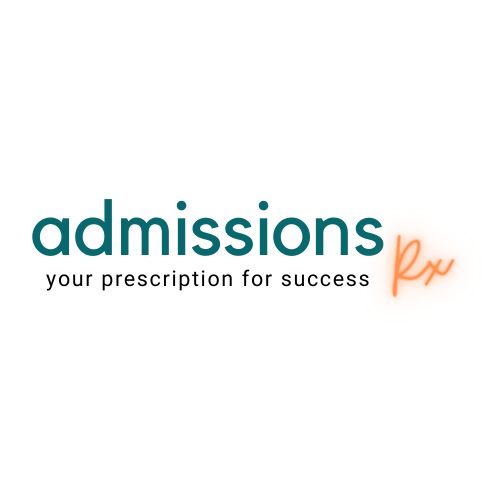Medical School Highlight: Carle Illinois College of Medicine
Where is Carle Illinois College of Medicine? About a 2 hour drive from Chicago and Indianapolis.
The Carle Illinois College of Medicine has been granted provisional accreditation by the Liaison Committee on Medical Education following an in-depth review of educational and program quality standards. Provisional accreditation moves the college’s engineering-based M.D. degree program one step closer to full accreditation in 2022. Balascuta said a full accreditation survey visit will generally take place when the inaugural class – in this case, the Carle Illinois class of 2022 – is in its final year.
While we are on the subject let’s talk about Carle Illinois College of Medicine. It is the first Engineering-based college of medicine. Carle Illinois College of Medicine was created in 2015 as the world’s first medical college to incorporate engineering and technology principles into medical education. The college is a partnership between the University of Illinois Urbana-Champaign and Carle Health. Carle Health system includes a level I trauma system, level III perinatal services, and a critical access hospital (Critical Access Hospital is a designation given to eligible rural hospitals by the Centers for Medicare and Medicaid Services (CMS) and criteria include having 25 or fewer acute care inpatient beds, being located more than 35 miles from another hospital, maintain an annual average length of stay of 96 hours or less for acute care patients, and the ability to provide 24/7 emergency care services.
Carle Illinois College of Medicine was created in 2015 as the world’s first medical college to incorporate engineering and technology principles into medical education. The college is a partnership between the University of Illinois Urbana-Champaign and Carle Health.
Mission Statement: We educate exceptional physician-innovators to deliver high-value, compassionate health care through transformative solutions developed at the intersection of engineering, science, and medicine. The curriculum is driven by the 4 C’s: Compassion, Competence, Curiosity, and Creativity.
PHASE 1: The pre-clinical curriculum uses a systems-based approach (focusing teaching on certain systems such as cardiovascular, renal, respiratory) and in parallel, you have an introduction to clinical practice and then a family medicine clinical experience. As part of the unique discovery learning elective, you can explore specific research or clinical interests and it culminates in PechaKucha- a rapid-fire, storytelling event designed for you to share your experiences during the course while also being in friendly competition with your classmates. Given only 20 slides with 20 seconds per slide to present your experiences, one winner is determined by judges and audience participation from each discovery learning category – clinical immersion, research immersion, and global studies.
The discovery learning course culminates in the PechaKucha event. This rapid-fire, storytelling event is designed for you to share your experiences during the course while also being in friendly competition with your classmates. Given only 20 slides with 20 seconds per slide to present your experiences, one winner is determined by judges and audience participation from each discovery learning category – clinical immersion, research immersion, and global studies.
PHASE 2: Incorporates the expected required clinical electives and in conjunction you begin work on your IDEA projects, to “harness your peak creativity through Innovation, Design, Engineering, and Analysis (IDEA). You will generate new ideas to improve health care challenges during each clinical clerkship.”
PHASE 3: You build advanced clinical skills and take electives while working on your capstone project. “You’ll make creative and efficient use of your fourth year with the capstone project. One of your IDEA projects will be selected as your capstone project and will potentially translate to new approaches, technologies, and treatments.”
Engineering, medical ethics and humanities are non-traditional content threads carefully woven throughout our four-year curriculum. PechaKucha
The discovery learning course culminates in the PechaKucha event. This rapid-fire, storytelling event is designed for you to share your experiences during the course while also being in friendly competition with your classmates. Given only 20 slides with 20 seconds per slide to present your experiences, one winner is determined by judges and audience participation from each discovery learning category – clinical immersion, research immersion, and global studies.
If you are interested in applying it is important to note that they have taken a competency approach to prerequisites rather than a list of required credits. The competencies they expect applicants to have are listed below (you must have 9 of the 11 competencies to get a secondary essay) and they allow you to submit documentation of other ways you may have acquired these competencies outside of your formal classwork (research, publications, certificate programs).
They also have a unique secondary process. You are invited to create a portfolio of your accomplishments. You are asked to upload a 1-page pdf that includes an artifact and 250 words description describing how your artifact reflects each of the following traits compassion, creativity, and curiosity. You will be asked structured questions with a timed video response. Select applicants will then be invited to a campus showcase - invited applicants are offered admission.
To learn more check out their admissions webinars.
Interested in other programs for physician-engineers check out Texas A&M Enmed program.





